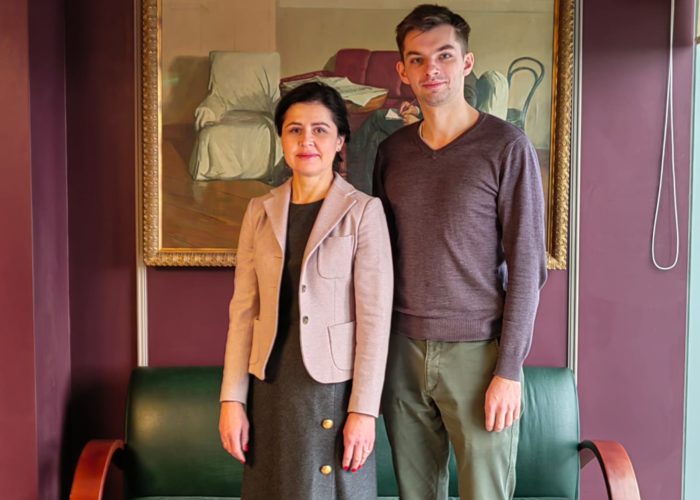
On 15/12/2023, Tatiana Tsepkina and Anton Minakov achieved the cancellation of the arrest, which was imposed by the investigating authorities on the property of the principal of L&P in a criminal case against former top managers of three banks – “Pulse of the Capital”, “Investment Union” and “Tusar”. At the sentencing in March 2023, the court retained the arrests to secure a verdict on the Deposit Insurance Agency (DIA’s) civil claims. At the same time, not only the property of the convicts remained under arrest, but also the property of L&P`s principal, who is not a participant in criminal proceedings.
The L&P team entered the case at the stage of appealing the Verdict. By that time, the period of arrest exceeded four years, which was an unreasonably long restriction of the owner’s rights to property, which was allegedly obtained as a result of the criminal actions of the accused. L&P`s attorneys presented comprehensive evidence, allowing the court of appeal to conclude that there were no legitimate grounds for maintaining the arrest.
“Unfortunately, in our criminal practice, we often have to deal with the seizure of property of persons not involved in the crime under investigation. The investigating authorities, only on the assumption that the property was obtained as a result of the criminal actions of the accused, apply to the court for seizure. In the present case, the panel of judges of the Moscow City Court of Appeal agreed with the arguments of the defense and stopped the arrest of the apartment, which confirmed that the seizure of property is under the effective control of the court,” says Tatiana Tsepkina.






